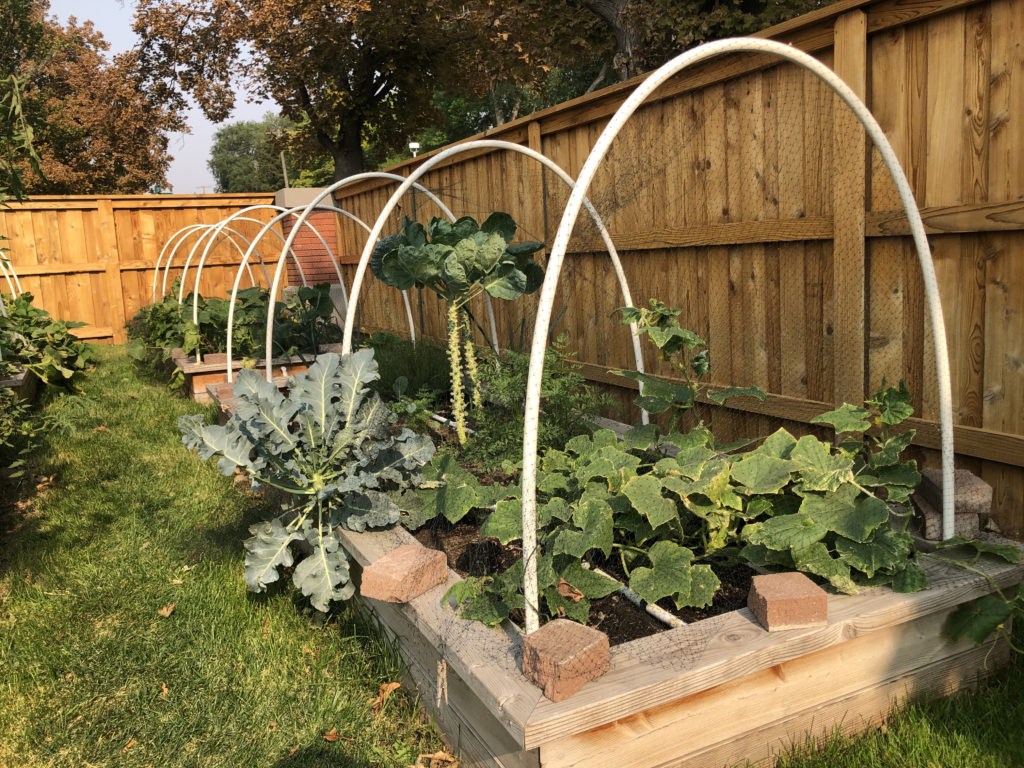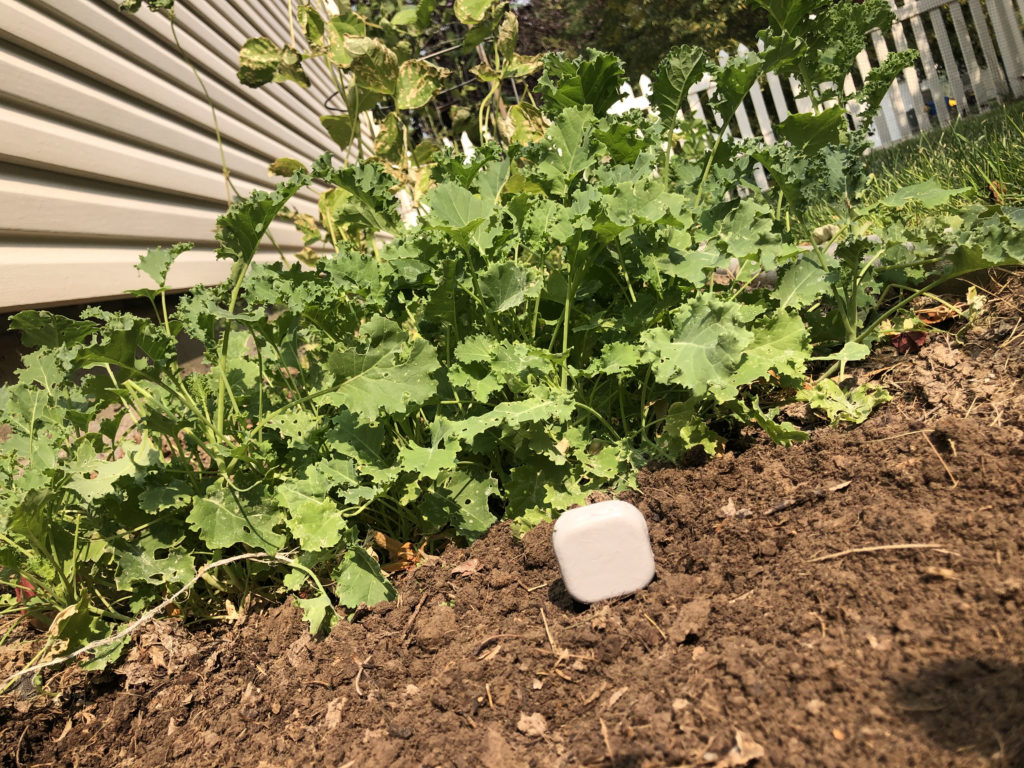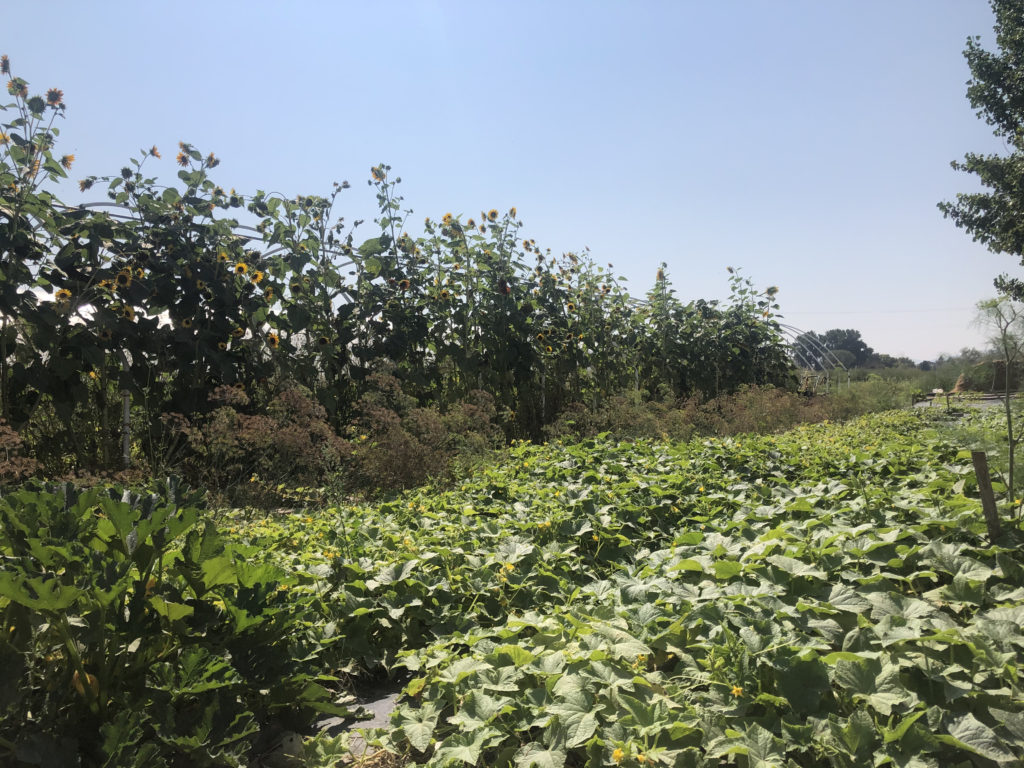While soil sensing technologies are still a relatively new product, some companies have started introducing them to mass markets. In short, soil sensors/probes, ours in particular, use capacitive measuring techniques to gauge moisture levels, salinity, ambient temperature, and light levels. These combined measurements allow farmers to reap optimal yields from crops while maximizing their time, money, and resources. Now, farmers can take quicker, more precise actions due to the near instantaneous response time of soil probes.
One case study done by the University of Florida found that the usage of soil probes saves farmers around 59% of their original water usage. This same study also observed that plants with soil sensors had deeper root growth, reduced runoff soil, and less wilting. In short, soil sensors have been proven to conserve water usage, protect crops from the effects of over or under watering, and promote healthier plant growth.

For any farmer, perhaps the only element more mercurial than the weather during growing season is the soil. While weather updates and proverbial warning signs have made it easier to gauge whether it will rain tomorrow, what lies below the earth is paramount to plant production and even more difficult to forecast. Leading agricultural scientists have sought to find a solution to soil miscalculations and have in turn managed to create a product that doubles as a way to conserve money, labor, and natural resources. The solution I’m talking about: soil sensors. Why? Simply put, it just makes sense.
While soil sensing technologies are still a relatively new product, some companies have started introducing them to mass markets. In short, soil sensors/probes, ours in particular, use capacitive measuring techniques to gauge moisture levels, salinity, ambient temperature, and light levels. These combined measurements allow farmers to reap optimal yields from crops while maximizing their time, money, and resources. Now, farmers can take quicker, more precise actions due to the near instantaneous response time of soil probes.

One case study done by the University of Florida found that the usage of soil probes saves farmers around 59% of their original water usage. This same study also observed that plants with soil sensors had deeper root growth, reduced runoff soil, and less wilting. In short, soil sensors have been proven to conserve water usage, protect crops from the effects of over or under watering, and promote healthier plant growth.

The average person makes around 35,000 decisions each day. The average farmer easily makes twice that, especially during growing season. However, farmers do not have the luxury of making wrong decisions when it comes to agriculture. One wrong choice could be the cost of an entire crop. Smart farming choices are no longer just a matter of cost or conservation, they are a matter of precision and practicality. With soil sensing probes, farmers have access to a wealth of previously hidden information about their farms performance and needs. Although the technology around soil sensors can seem overwhelming, our soil sensors connect to smartphones and offer a straightforward breakdown of soil performance. Soil sensors are not only sensible for plant production, they are also rich with savings when it comes to your time, money, and resources. When considering if sensors are for you, the choice should be rather simple. After all, without soil sensors, what goes on beneath the surface of your crops makes a lot less sense.